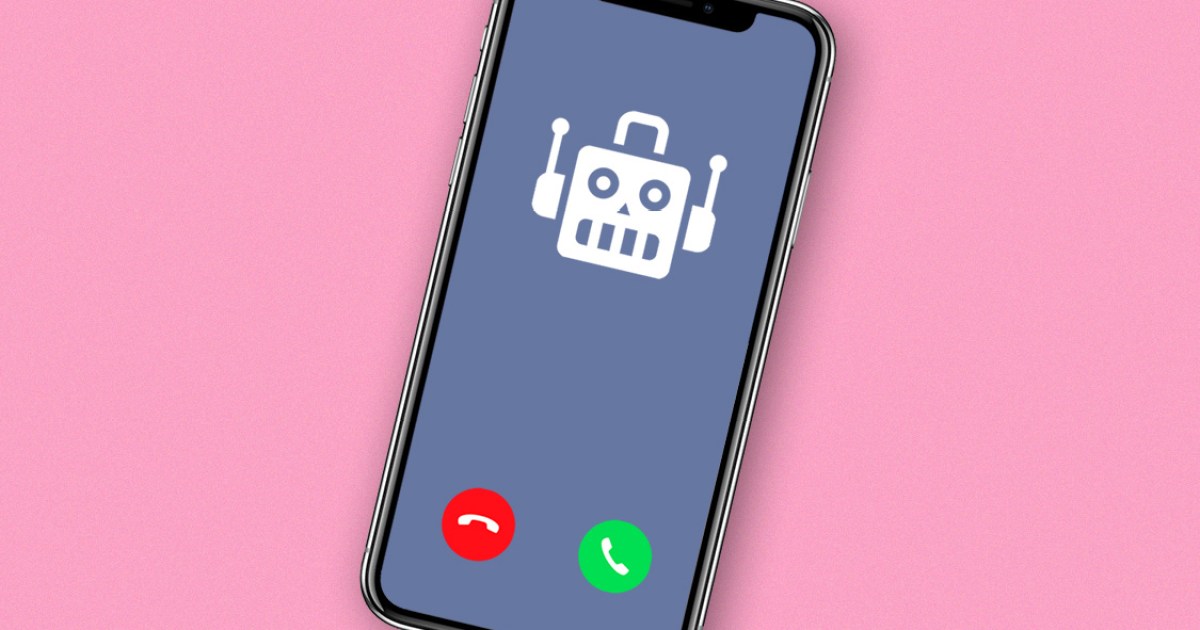
AT&T is the First Carrier to Turn on Spam Call Blocking by Default
The Federal Communications Commission (FCC) has been making killing robocalls a priority, and it looks like carriers are finally jumping on board with the push. AT&T has announced that it will now offer free and automatic fraud blocking and spam warnings to customers, essentially helping ensure that AT&T customers will get fewer robocalls.
The new service will roll out to customers over the next few months and will be enabled by default, so customers won’t have to turn anything on in order to get the robocall blocking feature. It will be included in most lines automatically, and once it’s turned on you’ll get a text message to notify you that it has been turned on for your line. Alternatively, instead of waiting for the feature to roll out, you can download the AT&T Call Protect app, which is available on Android and iOS, or turn it on in account settings.
AT&T isn’t the first to offer spam call blocking, but it looks to be the first to offer the service by default. Other carriers like T-Mobile and Verizon offer spam call blocking, but customers usually have to turn the feature on themselves.
Of course, AT&T likely wouldn’t have turned on the feature by default without the FCC’s support. In June, the FCC ruled that carriers could enable spam call blocking by default. Previously, carriers were likely nervous about legal reparations for enabling call blocking by default. Why? Well, carriers didn’t want to get sued if they accidentally blocked a call that wasn’t a spam call.
“The FCC has been a tremendous partner in the war on robocalls,” said Joan Marsh, executive vice president of regulatory and state external affairs for AT&T Communications, in a statement. “The Commission’s recent action builds on a yearslong effort to enable broader adoption of call-blocking tools and allow providers to better protect their customers and networks. AT&T remains committed to working with our government and industry partners in the ongoing battle against unwanted and illegal robocalls.”
Blocking robocalls is likely to be a difficult task for carriers. The fact is that not all robocalls are necessarily bad. Some people, for example, might want a robocall reminding them of an appointment with Comcast the next day, but not want a call for a Comcast payment reminder — which may come from the same number.


